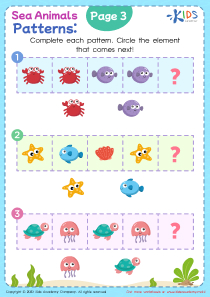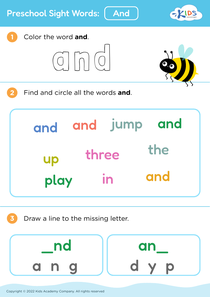Alphabet worksheets activities for Preschool
13 filtered results
-
From - To
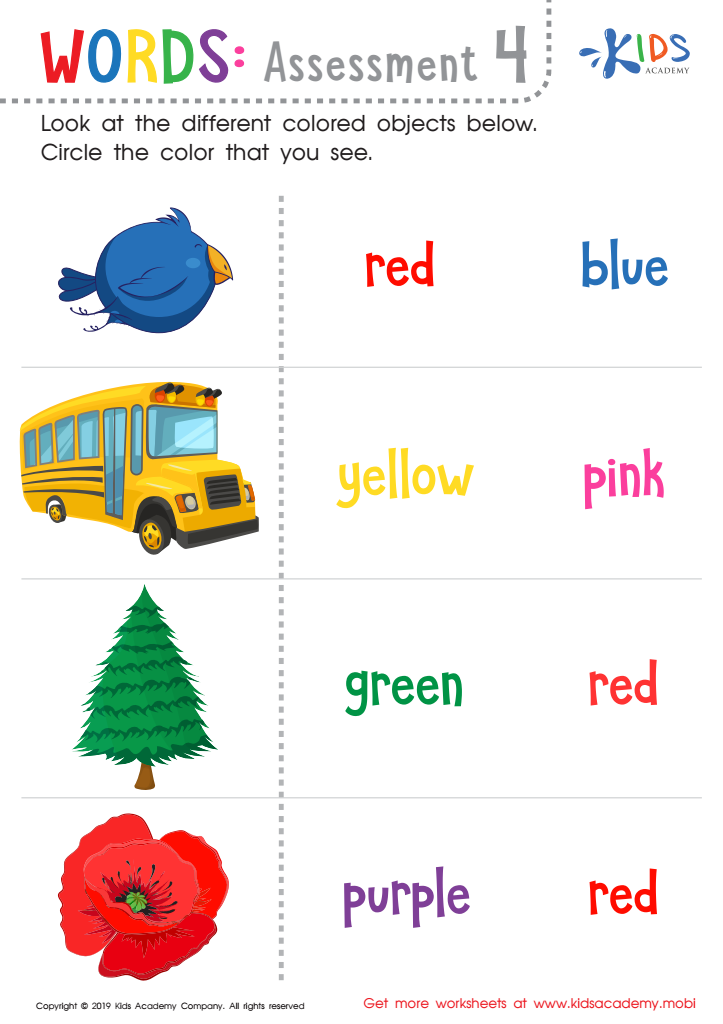

Words: Assessment 4 Worksheet
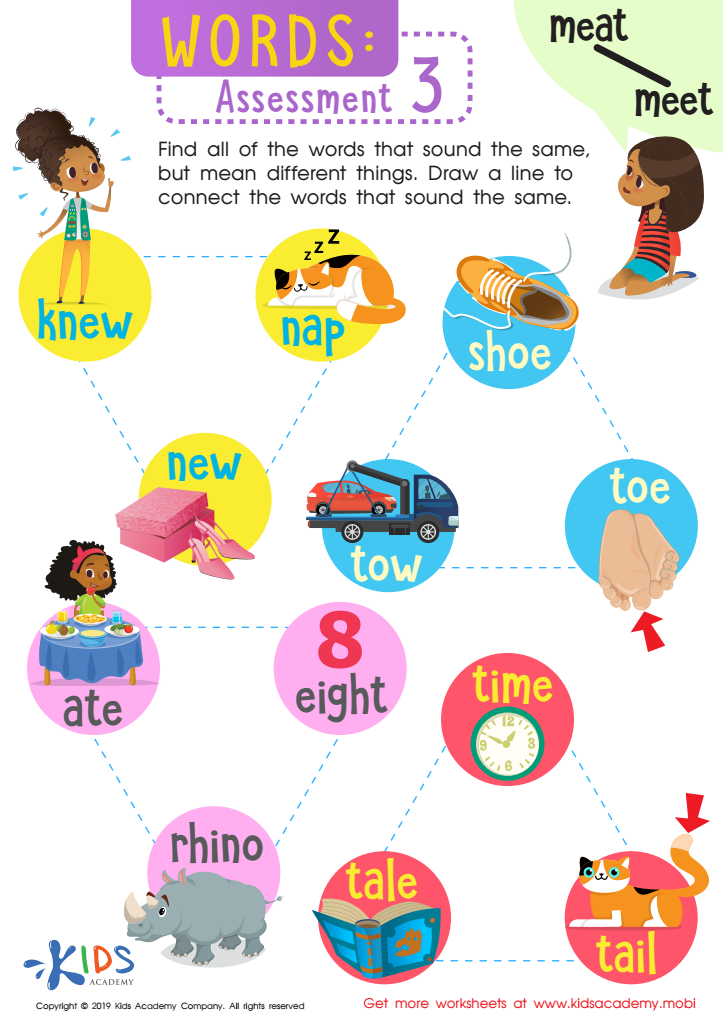

Words: Asessment 3 Worksheet
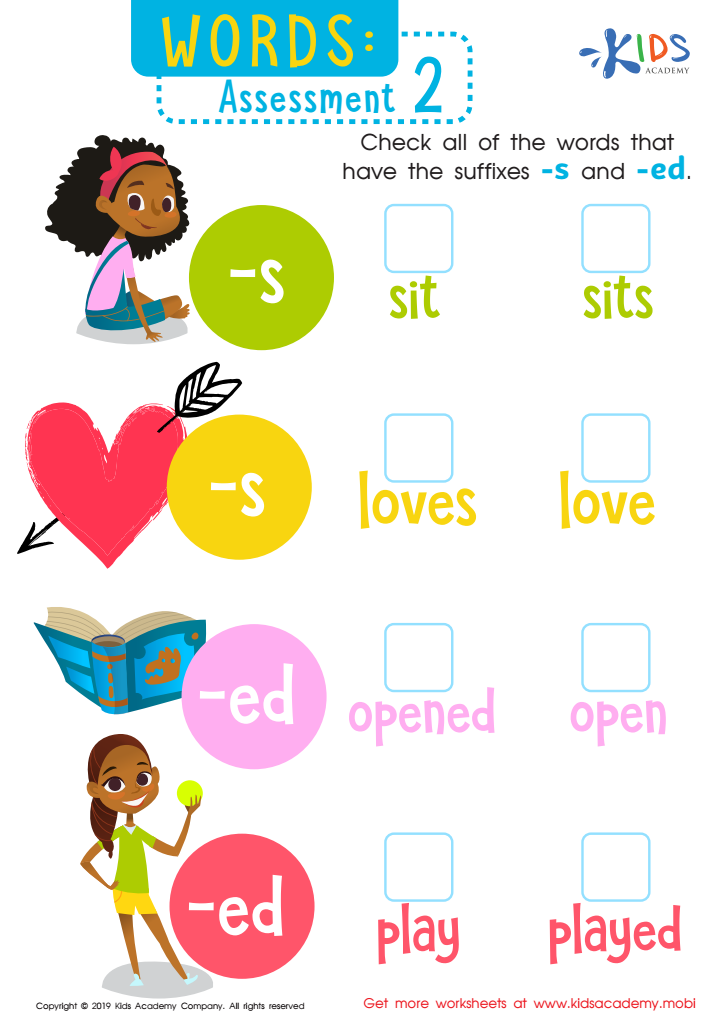

Words: Assessment 2 Worksheet
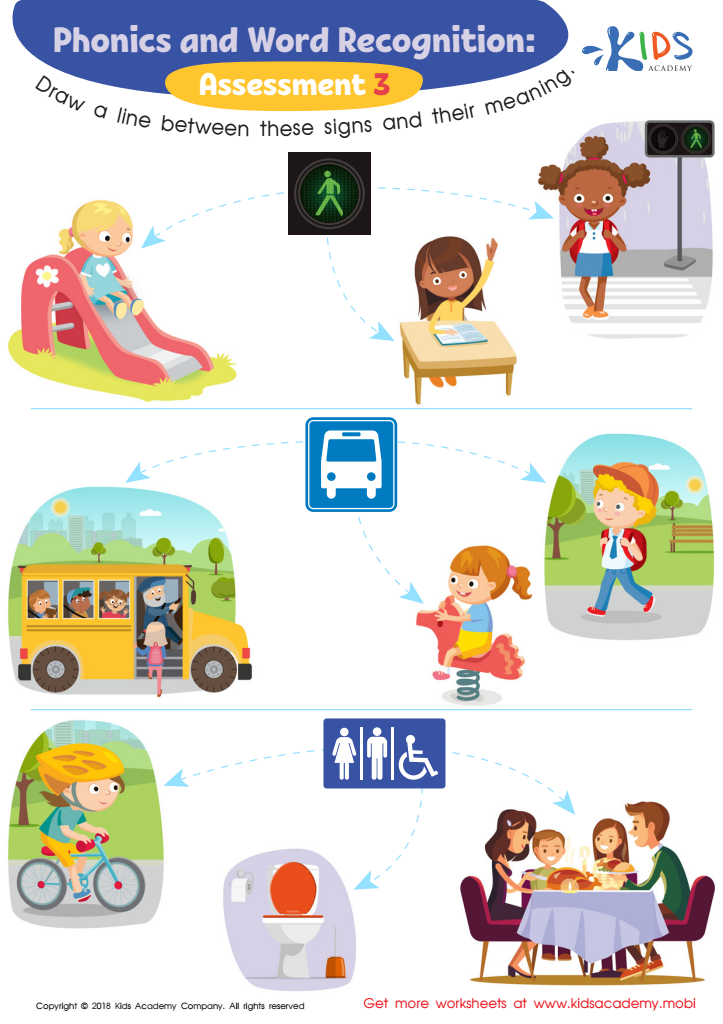

Phonological Awareness: Assessment 3 ELA Worksheet
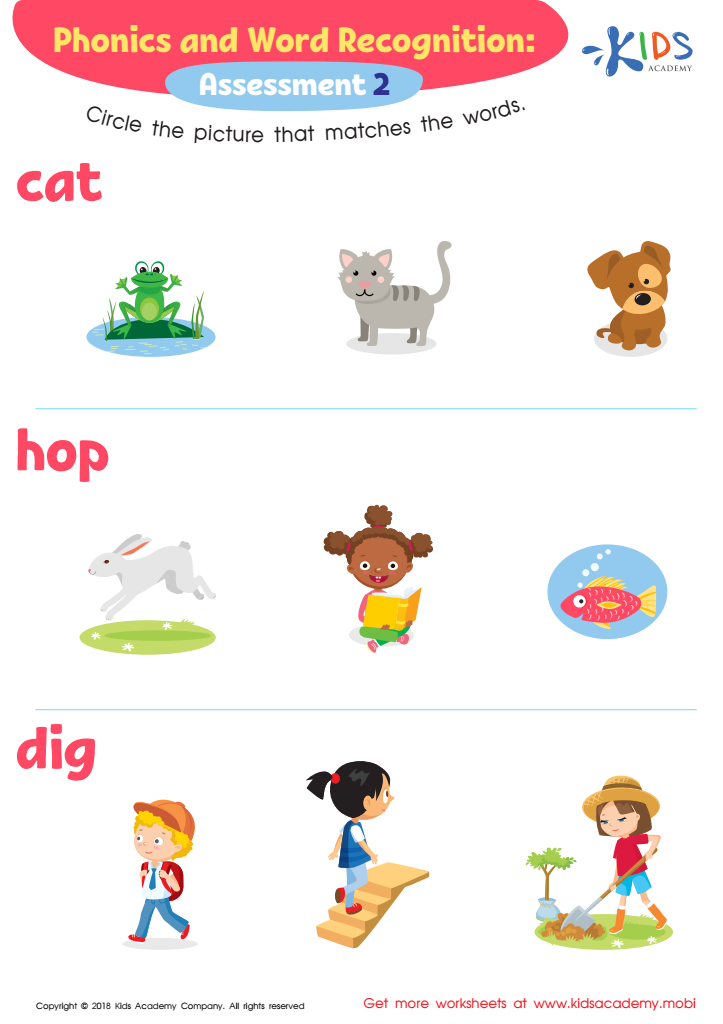

Phonological Awareness: Assessment 2 ELA Worksheet


Phonics and Word Recognition: Assessment 1 ELA Worksheet
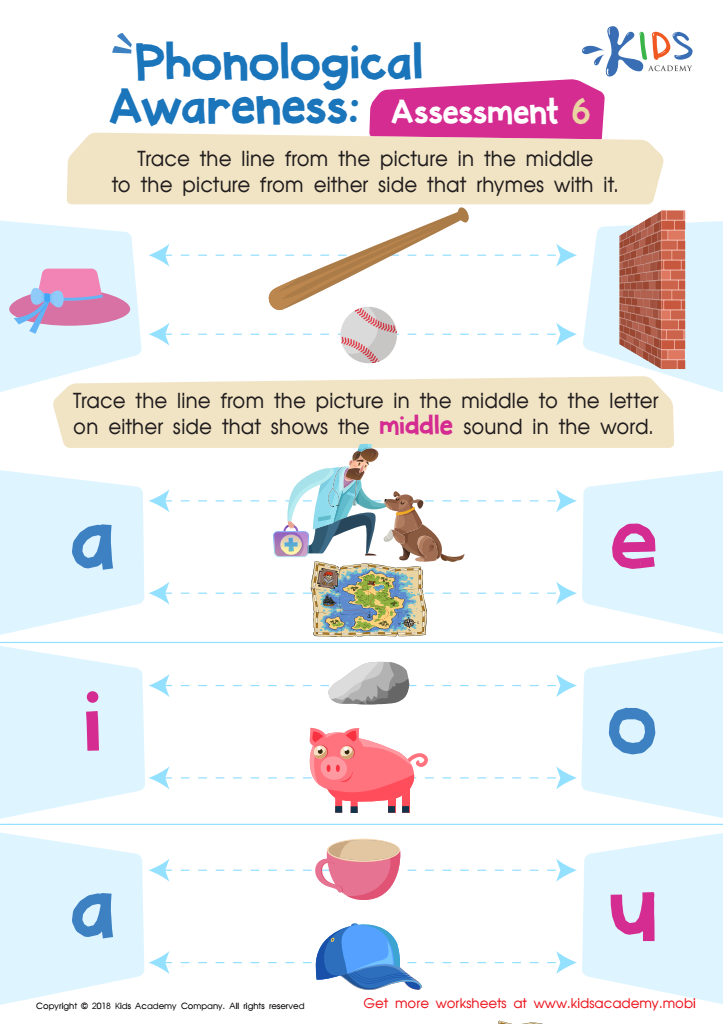

Phonological Awareness: Assessment 6 Worksheet
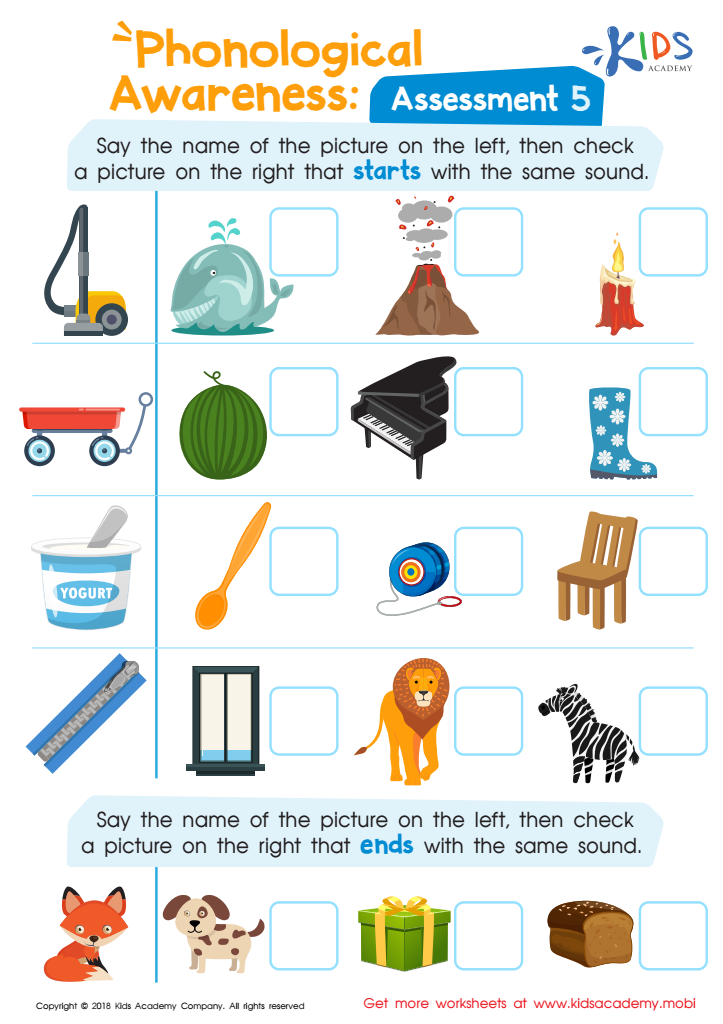

Phonological Awareness: Assessment 5 Worksheet
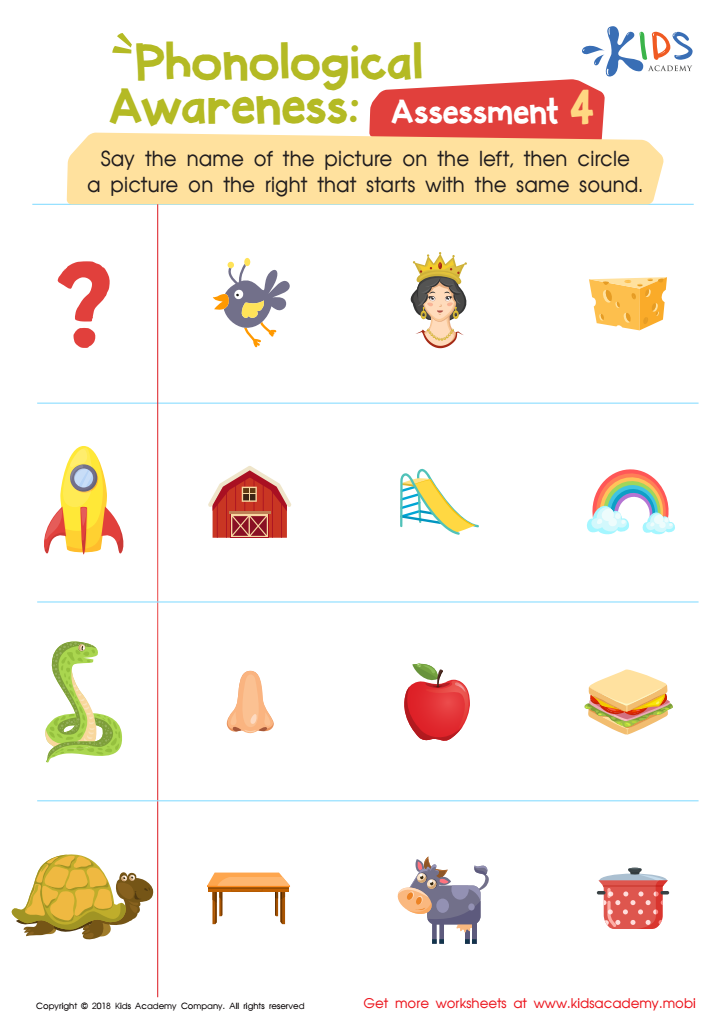

Phonological Awareness: Assessment 4 Worksheet
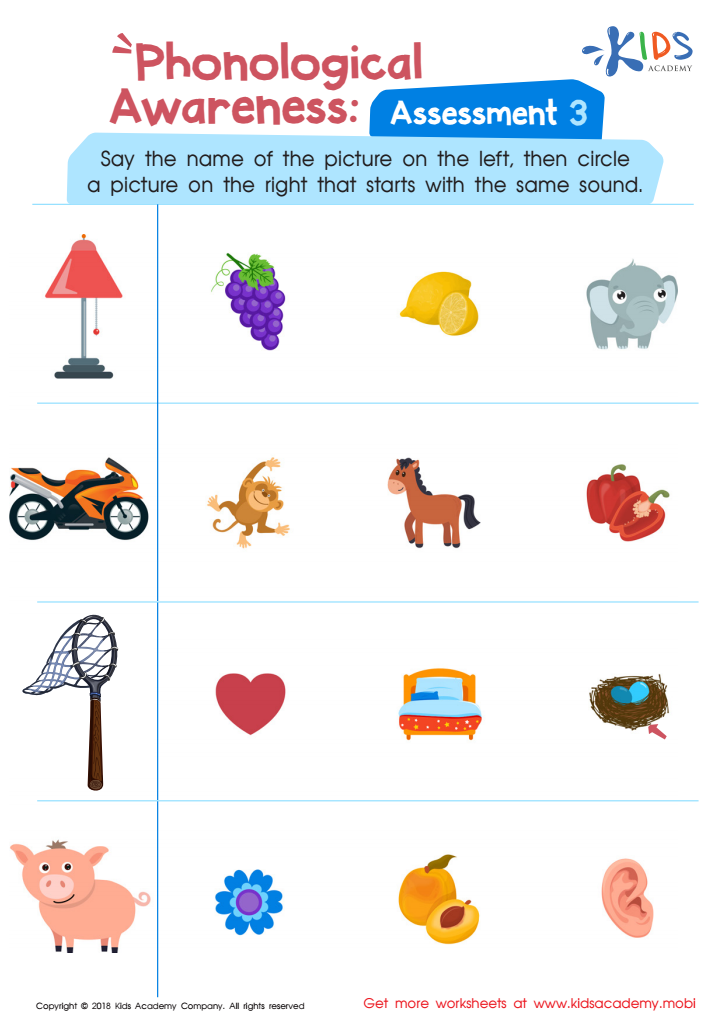

Phonological Awareness: Assessment 3 Worksheet
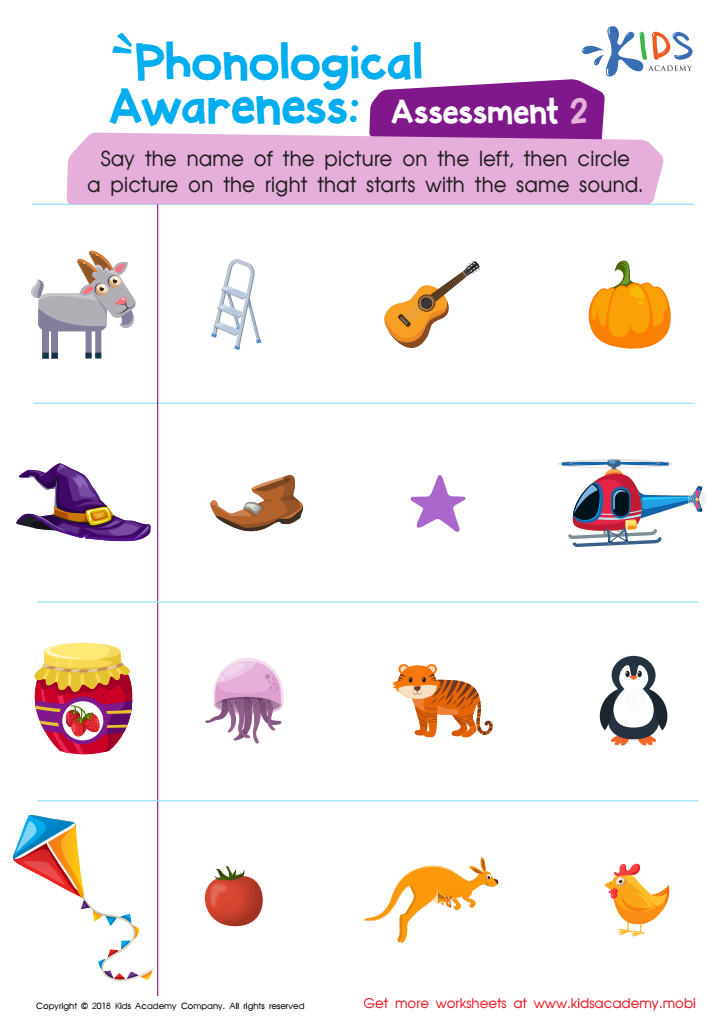

Phonological Awareness: Assessment 2 Worksheet


Phonological Awareness: Assessment 1 Worksheet
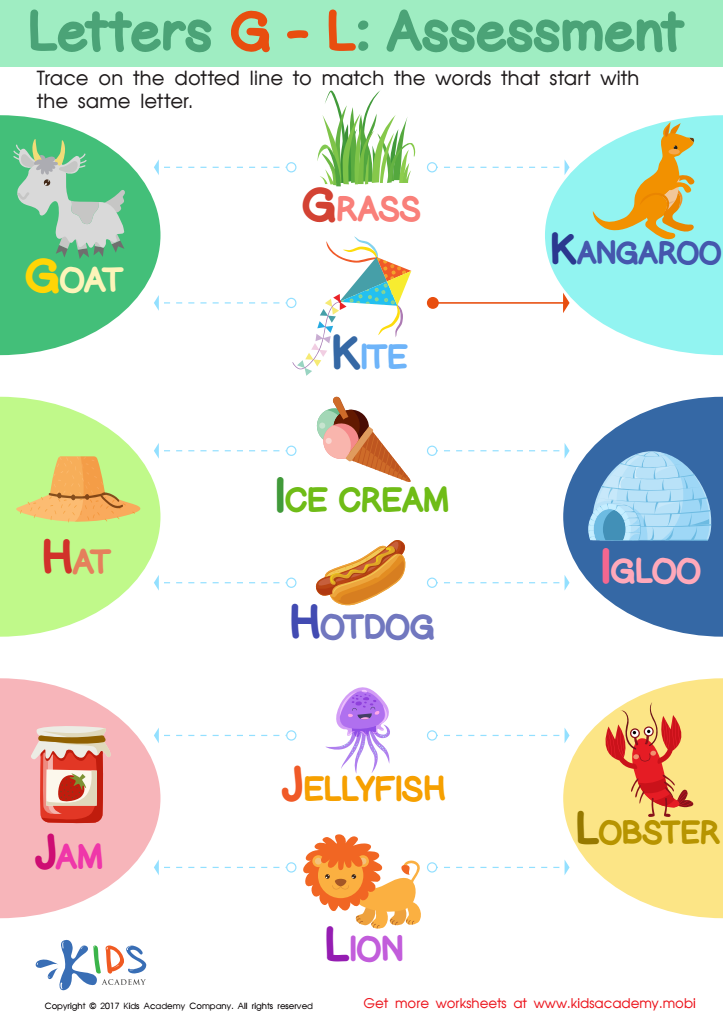

Letters G-L Worksheet
Alphabet worksheets activities for Preschool are an essential cornerstone in early childhood education, offering a multitude of benefits that contribute to a child's academic and developmental growth. These structured activities serve not only as an introduction to the alphabets but also as a foundation for developing literacy skills. Here's why Alphabet worksheets activities for Preschool are immensely useful.
Firstly, they provide a structured learning environment where young learners can start recognizing, naming, and writing the letters of the alphabet. This early exposure plays a critical role in phonemic awareness, which is the ability to hear, identify, and manipulate phonemes, the smallest units of sound that make up words. Through engaging with Alphabet worksheets, children begin to understand that letters represent sounds, which are the building blocks of words, thereby setting the stage for reading and writing.
Furthermore, Alphabet worksheets activities for Preschool are designed with young learners in mind, incorporating colorful illustrations and interactive elements that make learning enjoyable and engaging. This ensures that children are not only learning but also having fun in the process. The enjoyment factor is crucial in maintaining a child's interest and motivation in learning.
Moreover, these worksheets activities support the development of fine motor skills. As preschoolers trace letters, color them, or engage in activities that involve writing, they are honing their hand-eye coordination and dexterity. These skills are vital for the development of proper handwriting as well as other daily activities.
Lastly, Alphabet worksheets activities for Preschool provide an excellent opportunity for individual learning. Each child progresses at their own pace, and these worksheets can be tailored to meet the needs of each learner, ensuring that every child finds success and confidence in their abilities.
In conclusion, Alphabet worksheets activities for Preschool are a fundamental tool in early childhood education. They lay the groundwork for literacy, foster a love for learning, enhance fine motor skills, and support individualized learning paths. Their role in a child's educational journey cannot be overstated.

 Assign to the classroom
Assign to the classroom





